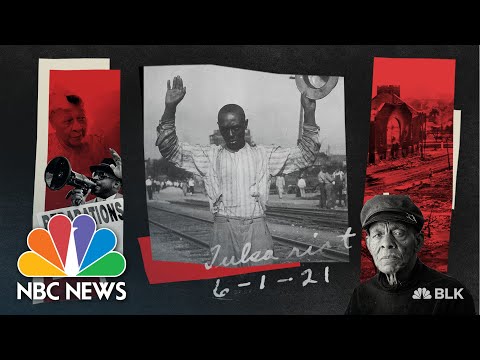Born on January 31, 1919, in South Carolina, Theodore “Ted” Corbitt faced racial discrimination and segregation during his upbringing. However, running offered him a path to rise above these obstacles. As a teenager living in the Bronx in New York City, Corbitt discovered his love for running while finding solace from the pressures of societal racism.
In an era when Black athletes were predominantly excluded from professional sports, Corbitt’s perseverance earned him a place among America’s finest runners. By the late 1940s, he established himself as one of the top distance runners in the United States. Corbitt’s greatest accomplishments include setting numerous records in ultra-marathons (races longer than traditional marathons) as well as representing his country at several international competitions.
However, it was not until his participation in the 1952 Helsinki Olympics that Corbitt truly broke down barriers for Black athletes. He became the first African American to compete for Team USA in an Olympic marathon. His presence challenged deep-rooted prejudices and inequalities within sporting circles at home and abroad.
Corbitt’s contributions extended beyond his personal achievements on the race track. He helped establish organizations like New York Road Runners (NYRR), which went on to become one of the largest running clubs globally. Through NYRR, he promoted inclusivity within running by organizing races that welcomed participants irrespective of their gender or ethnicity.
Corbitt also dedicated himself to expanding opportunities for future generations of Black athletes interested in distance running. He coached and mentored numerous aspiring runners, encouraging them to believe in their potential and strive for excellence. By doing so, he laid the foundation for a more diverse running community that we see today.
Even though Corbitt paved the way for greater representation in running, challenges spurred by racial prejudices persist. Black runners across America continue to face discrimination, profiling, and harassment while engaging in a sport that should afford them peace and personal growth. Instances of being stopped by law enforcement or viewed with suspicion while jogging in predominantly white neighborhoods are sadly still all too common.
The legacy of Ted Corbitt serves as a reminder that progress can be slow but significant. While we celebrate his accomplishments and honor his memory, it is crucial to continue addressing these inequalities within the running community. Efforts must be made at individual, organizational, and societal levels to ensure safety and equal treatment for all runners regardless of their race or background.
Running clubs, race organizers, and sporting governing bodies should actively promote inclusivity by fostering diversity within their leadership ranks and adopting policies that address discrimination head-on. Community members can support Black runners by being allies, offering encouragement during training sessions or races, volunteering at events, and condemning any acts of racial bias they witness.
Ted Corbitt’s story is one of resilience and determination in the face of adversity. His achievements not only left an indelible mark on the sport of running but also challenged societal norms and paved the way for future generations. As more individuals follow his footsteps – literally – all runners must join hands to ensure that everyone can experience the joy of running without fear or prejudice.





